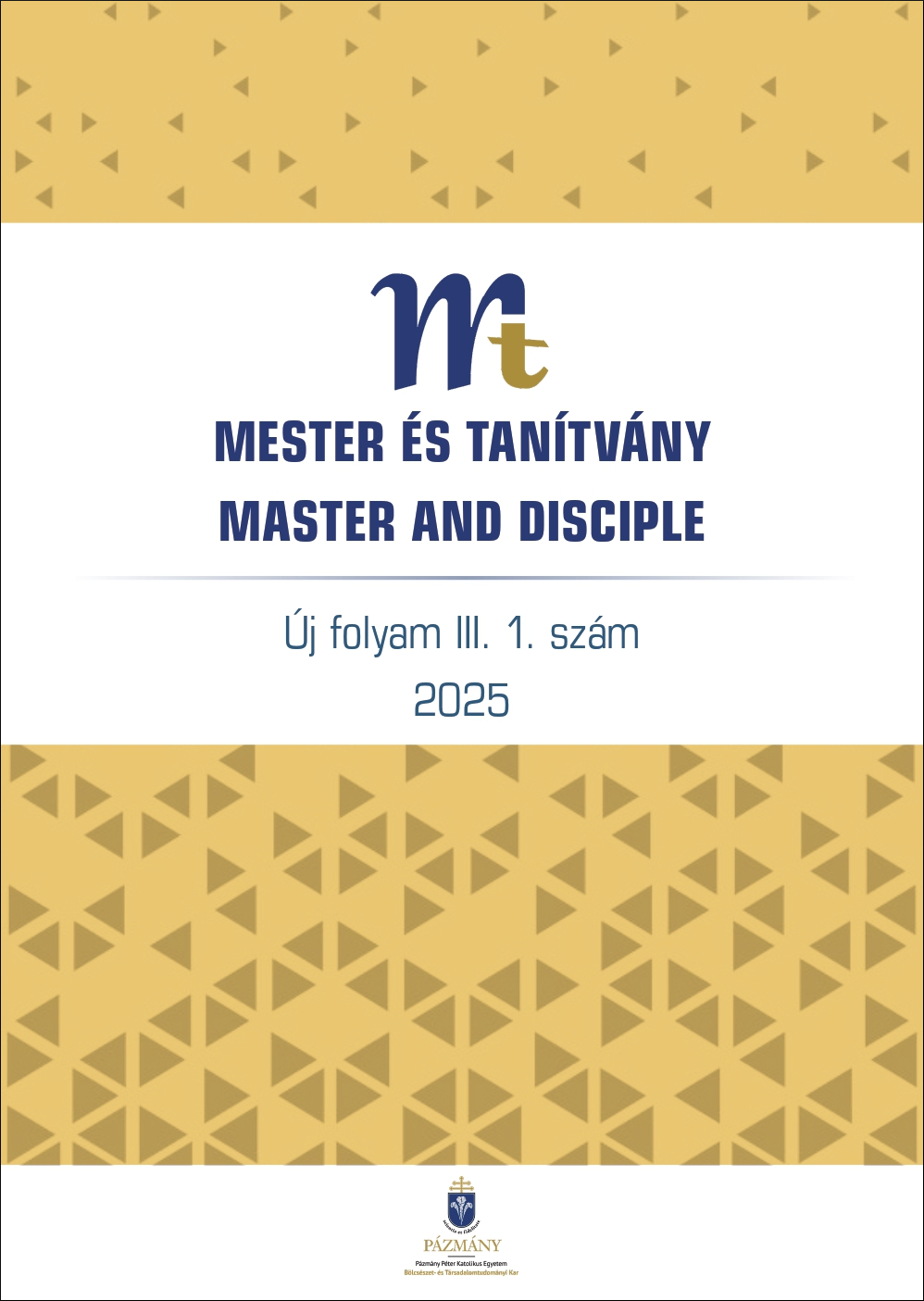Published 30-06-2025
Keywords
- dance,
- innovation,
- teacher education,
- culture change,
- physical education in schools
Copyright (c) 2025 Molnár Ákos, Prisztóka Gyöngyvér

This work is licensed under a Creative Commons Attribution 4.0 International License.
Abstract
Nowadays, the “homo sedentary” lifestyle is, Behemoth like, destroying health, and the global culture shift has drastically reshaped the needs and stimuli of the “homo digitalis” generation, making it essential to rethink our educational assumptions. Our research investigates whether dance can be an effective tool in experiential physical education in schools to develop positive attitudes towards physical activity. The sample consisted of 422 physical education teachers and 106 physical education students in Pécs. After descriptive statistical calculations, the results of the online questionnaire were subjected to univariate and multivariate statistical procedures. Our results show that both current and future PE teachers are open to new forms of movement. They acknowledge the innovative role of dance, its strengthening effect on social nexuses and the cohesion of class communities. However, more than half of teachers do not feel competent to teach dance and students do not feel confident in their knowledge in this area. There is also a consensus that dance helps to develop and maintain intrinsic motivation for physical education. The inclusion of one dance lesson out of five per week in the daily physical education curriculum can be proposed as an effective form of “digital detox”. In physical education teacher training, the teaching of dance courses is justified, but at the same time both a systemic change in subject content and a change in methodological culture are needed.


